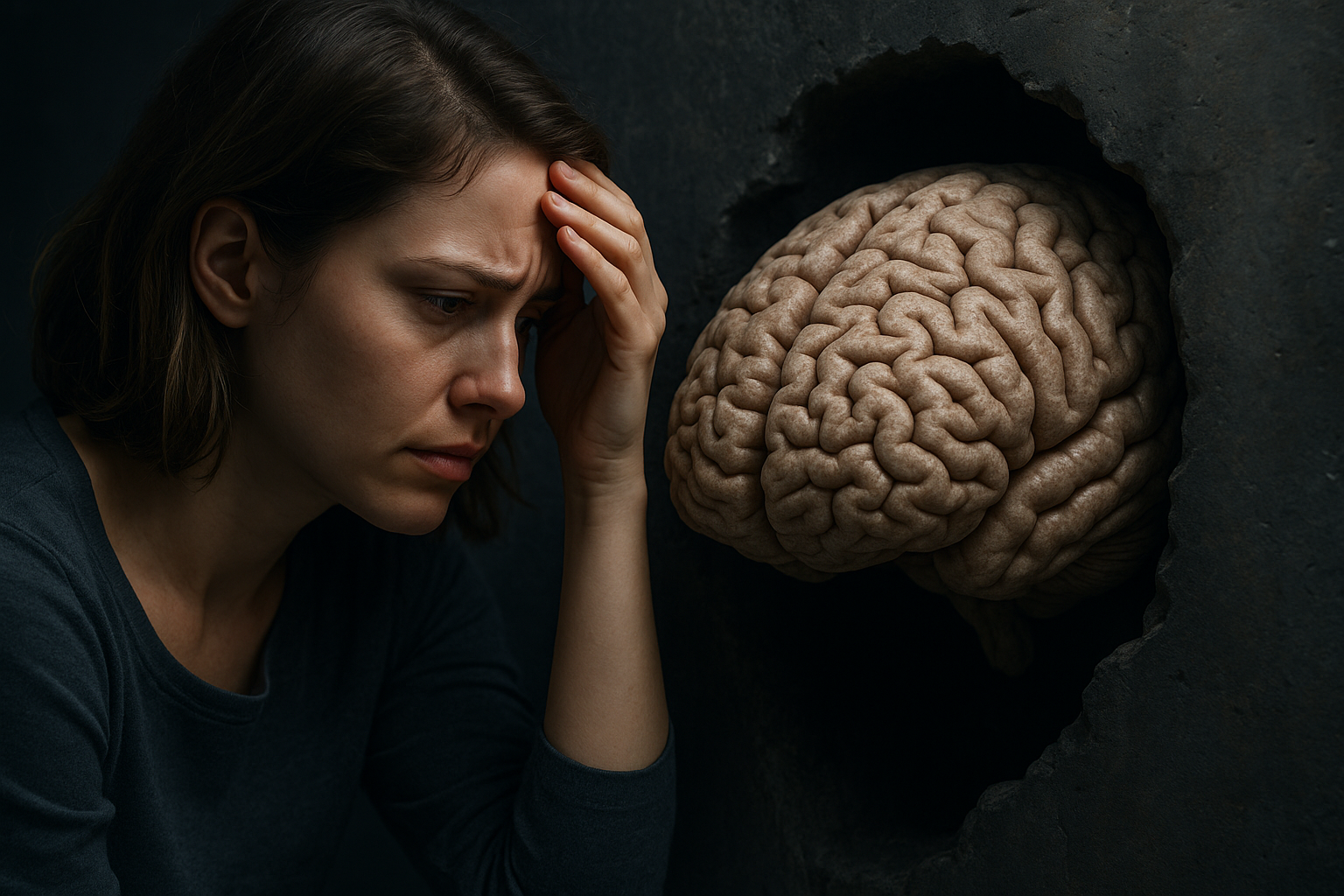Panic Attacks: Key Symptoms and Warning Signs
Panic attacks are sudden episodes of intense fear that may cause racing heart, shortness of breath, or dizziness. Unlike everyday stress or worry, panic attacks can appear without warning, may repeat over time, and are not always obvious to others. Understanding the common symptoms and signs can help people recognize them early and seek proper care if needed.

What Are the Early Symptoms of Panic Attacks?
Panic attacks often emerge suddenly and can feel extremely intense, with symptoms that may seem alarming and unexpected. Early signs typically include a rapid heart rate, intense feelings of fear, chest pain, and overwhelming anxiety. Some individuals experience trembling, sweating, and a sense of impending doom that can feel paralyzing. These symptoms can develop quickly, sometimes within minutes, and may feel like a medical emergency to those experiencing them.
Distinguishing Panic Attacks from Normal Anxiety
While anxiety and panic attacks share some similarities, they are distinctly different experiences. Normal anxiety tends to be a proportional response to stress, with manageable symptoms that subside over time. Panic attacks, however, are more severe and can occur without an apparent trigger. They often involve more extreme physical reactions, such as hyperventilation, intense chest pressure, and a feeling of being completely overwhelmed. The key difference lies in the intensity and sudden onset of symptoms.
Physical and Emotional Signs to Recognize
Physical manifestations of panic attacks can include:
-
Rapid heartbeat
-
Shortness of breath
-
Chest pain or pressure
-
Trembling or shaking
-
Sweating
-
Feeling of choking
-
Nausea or abdominal distress
Emotional signs often accompany these physical symptoms:
-
Overwhelming sense of fear
-
Feeling detached from reality
-
Fear of losing control
-
Intense dread
-
Sense of impending doom
When to Seek Professional Help
Recognizing when to seek professional support is crucial. Consider consulting a mental health professional if panic attacks:
-
Occur frequently
-
Interfere with daily functioning
-
Cause significant distress
-
Lead to avoiding specific situations
-
Result in persistent fear of future attacks
Mental health professionals can provide comprehensive treatment strategies, including cognitive behavioral therapy, medication, and personalized coping mechanisms.
Impact of Panic Attacks on Daily Life
Panic attacks can significantly disrupt personal and professional life. Individuals may develop:
-
Social isolation
-
Reduced workplace productivity
-
Challenges in maintaining relationships
-
Decreased self-confidence
-
Potential development of additional anxiety disorders
Developing effective coping strategies and seeking professional support can help manage these challenges and improve overall quality of life.
Disclaimer: This article is for informational purposes only and should not be considered medical advice. Please consult a qualified healthcare professional for personalized guidance and treatment.




